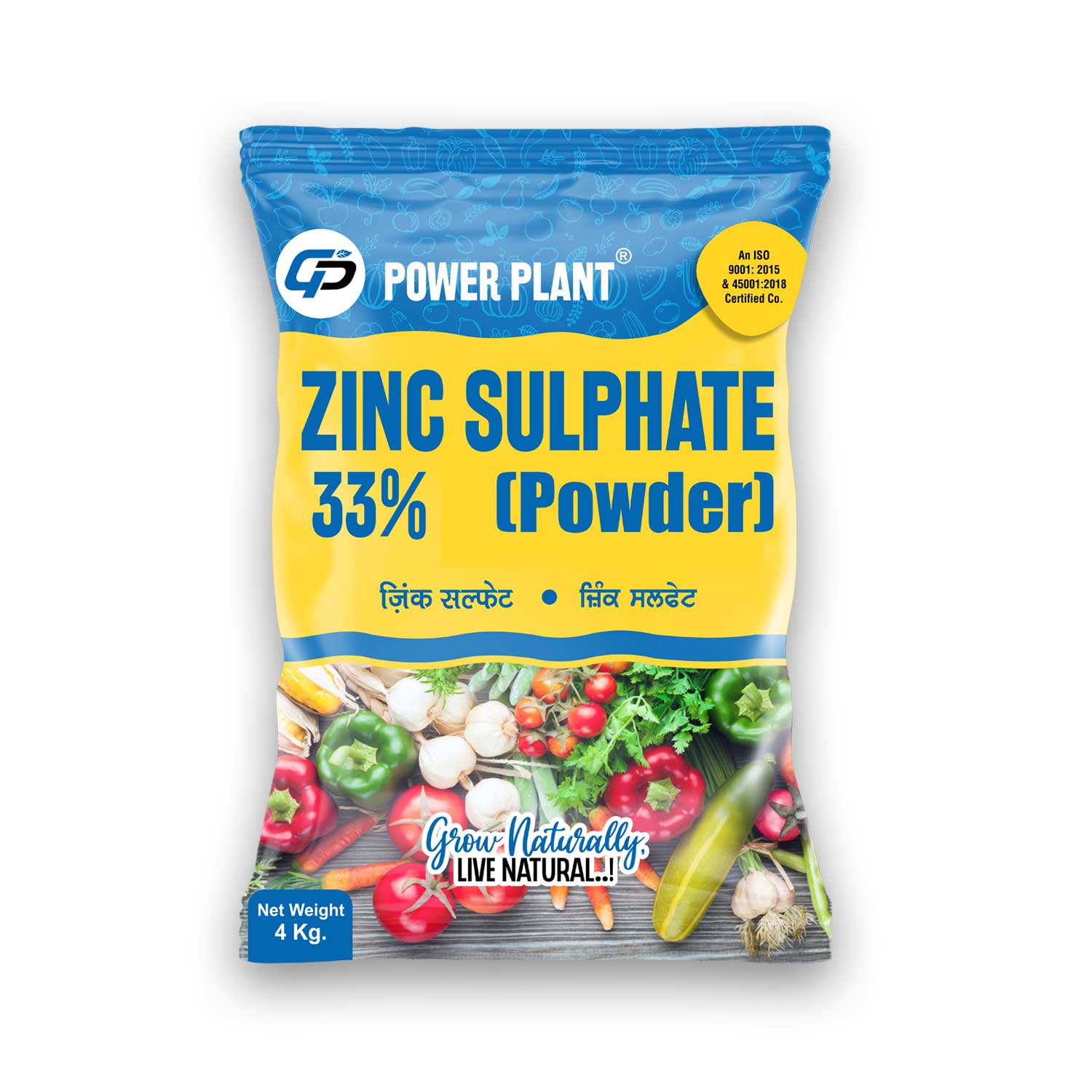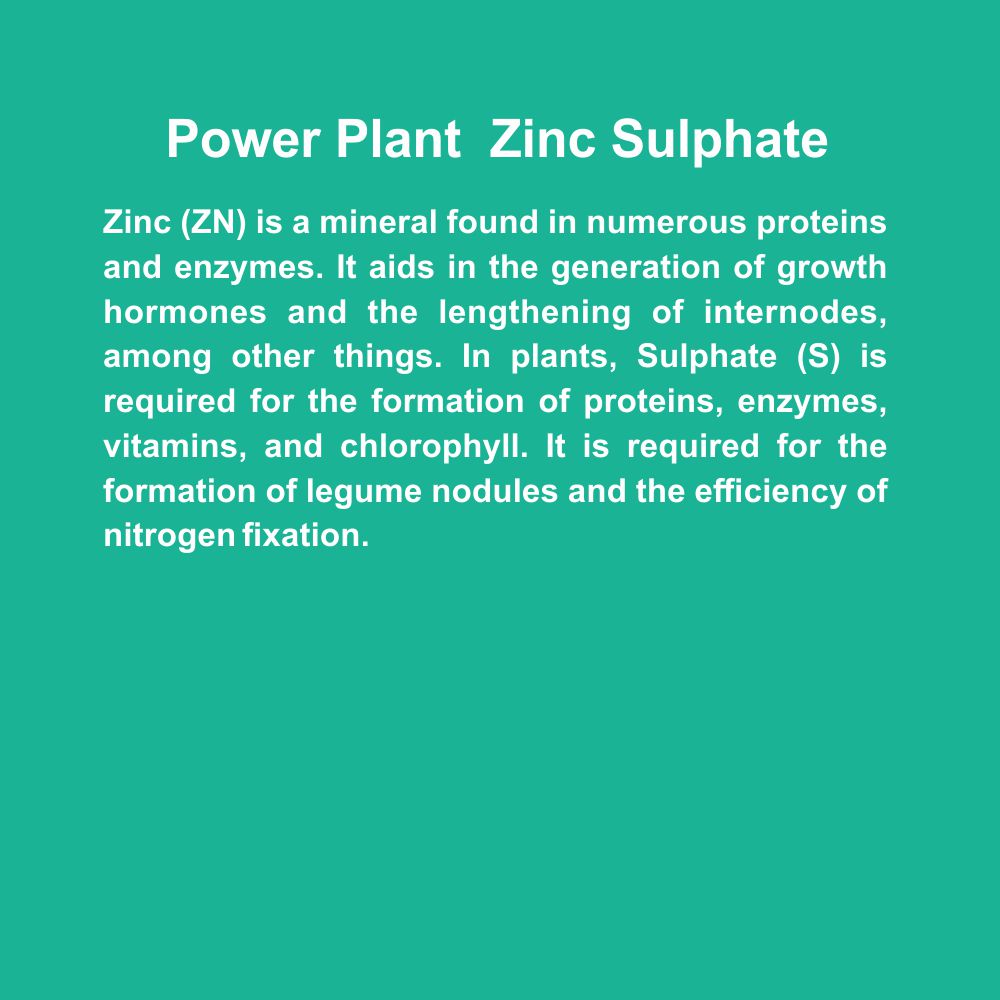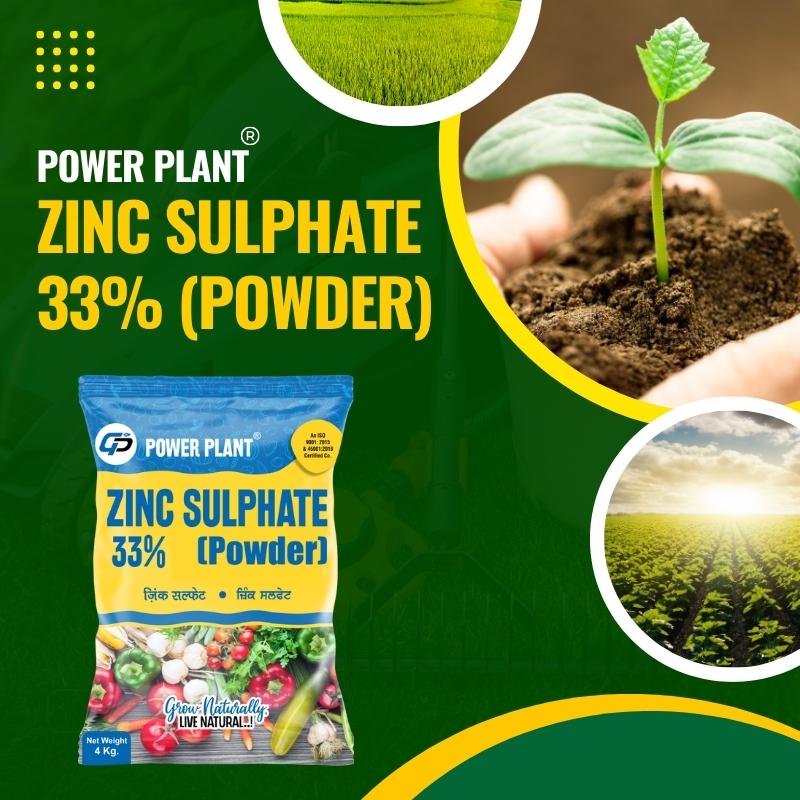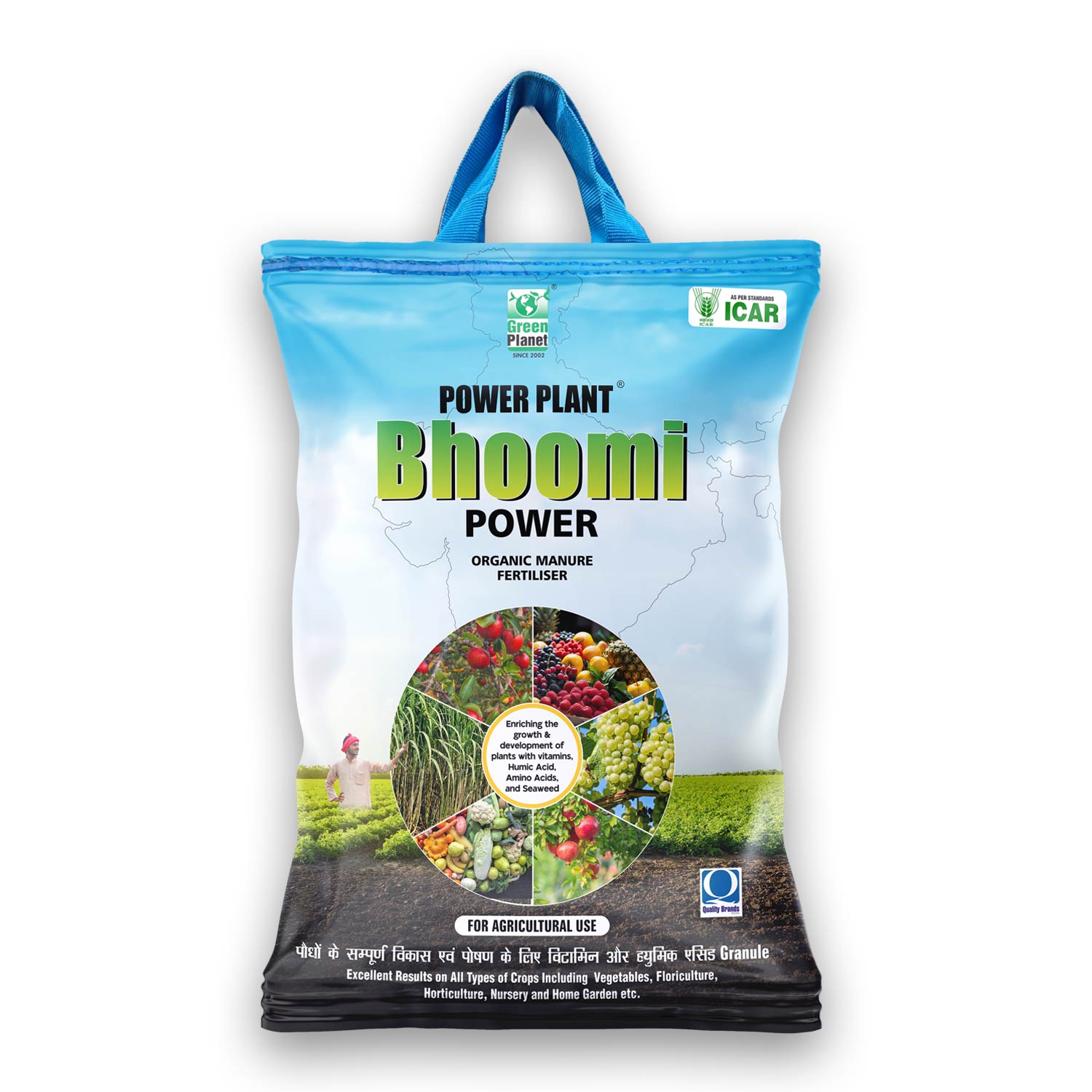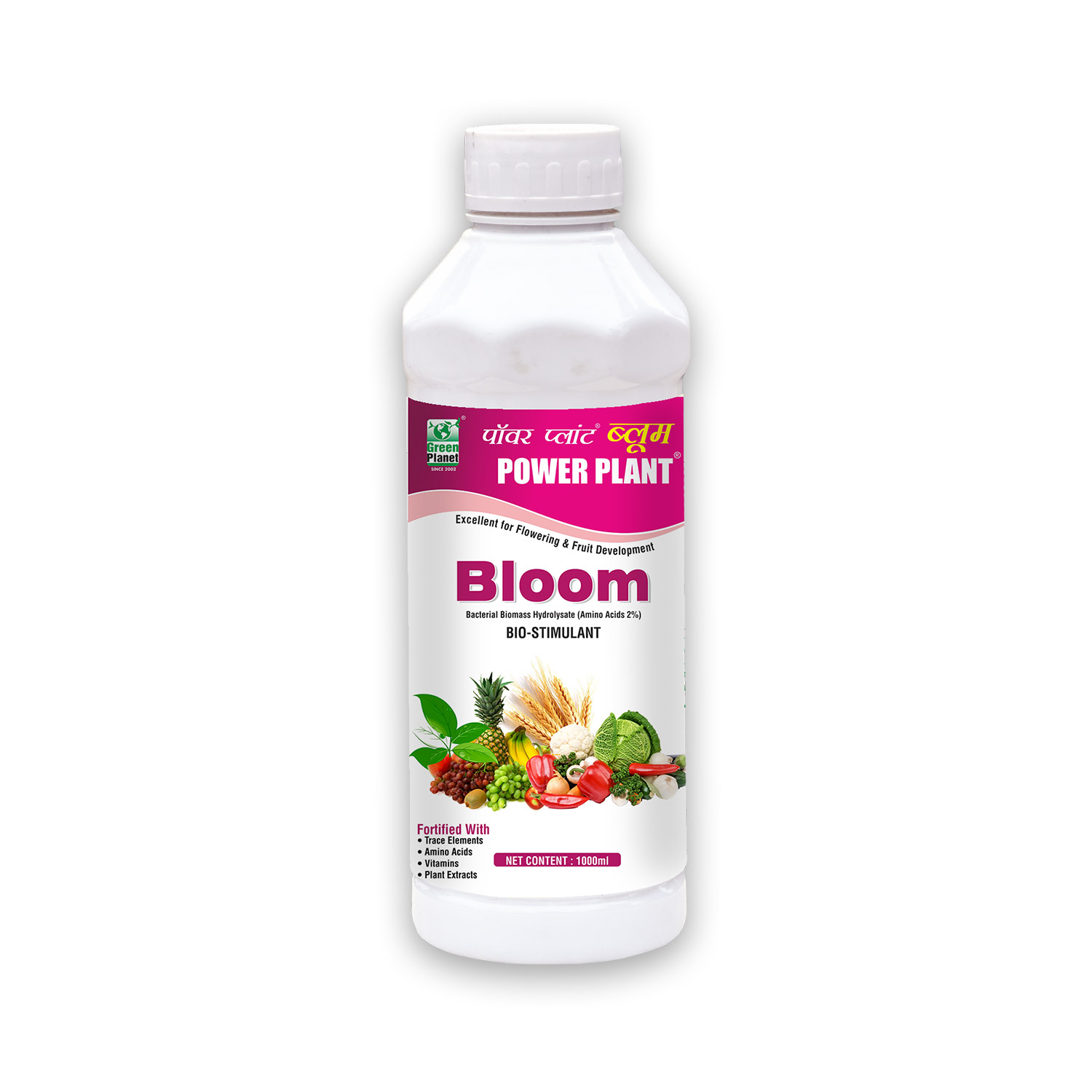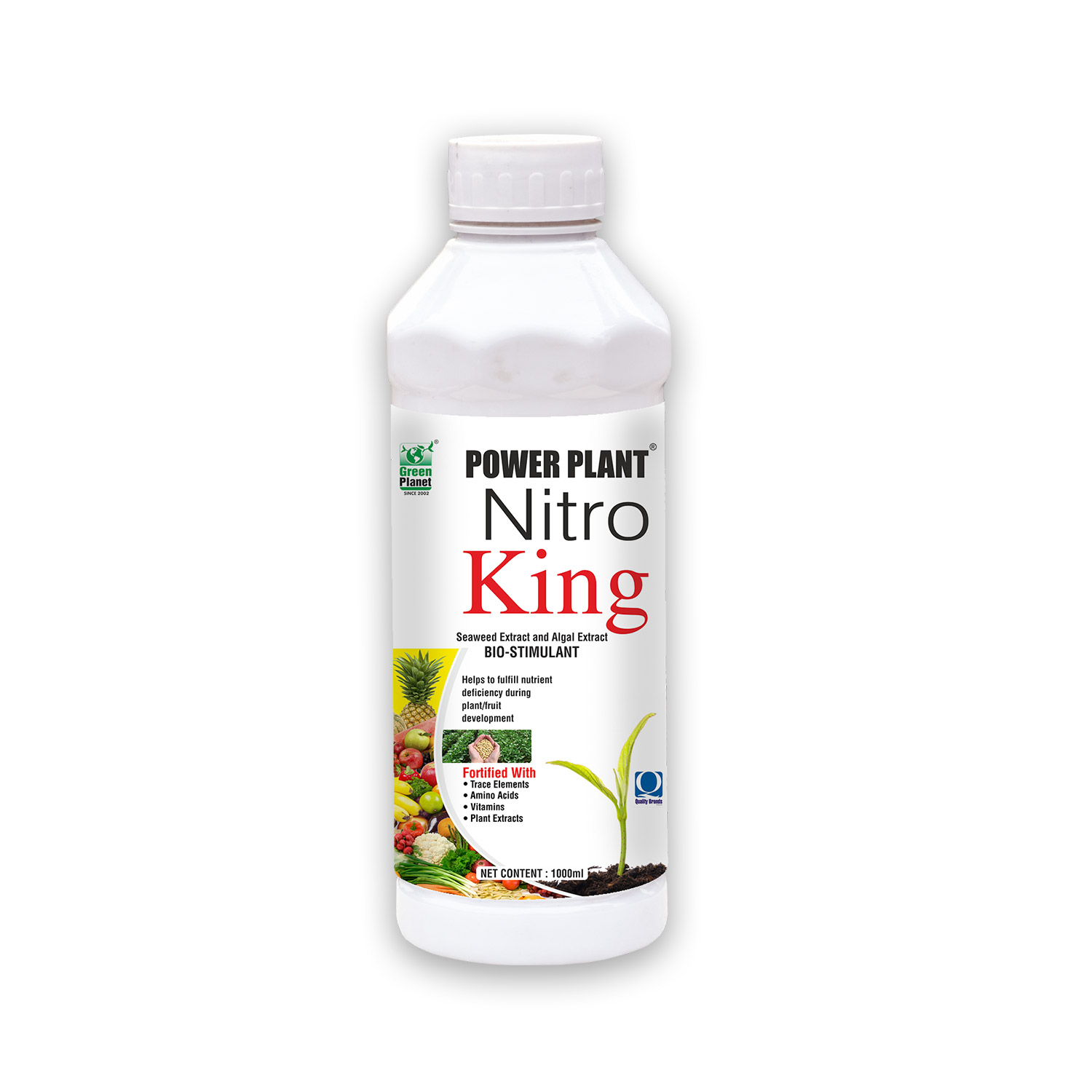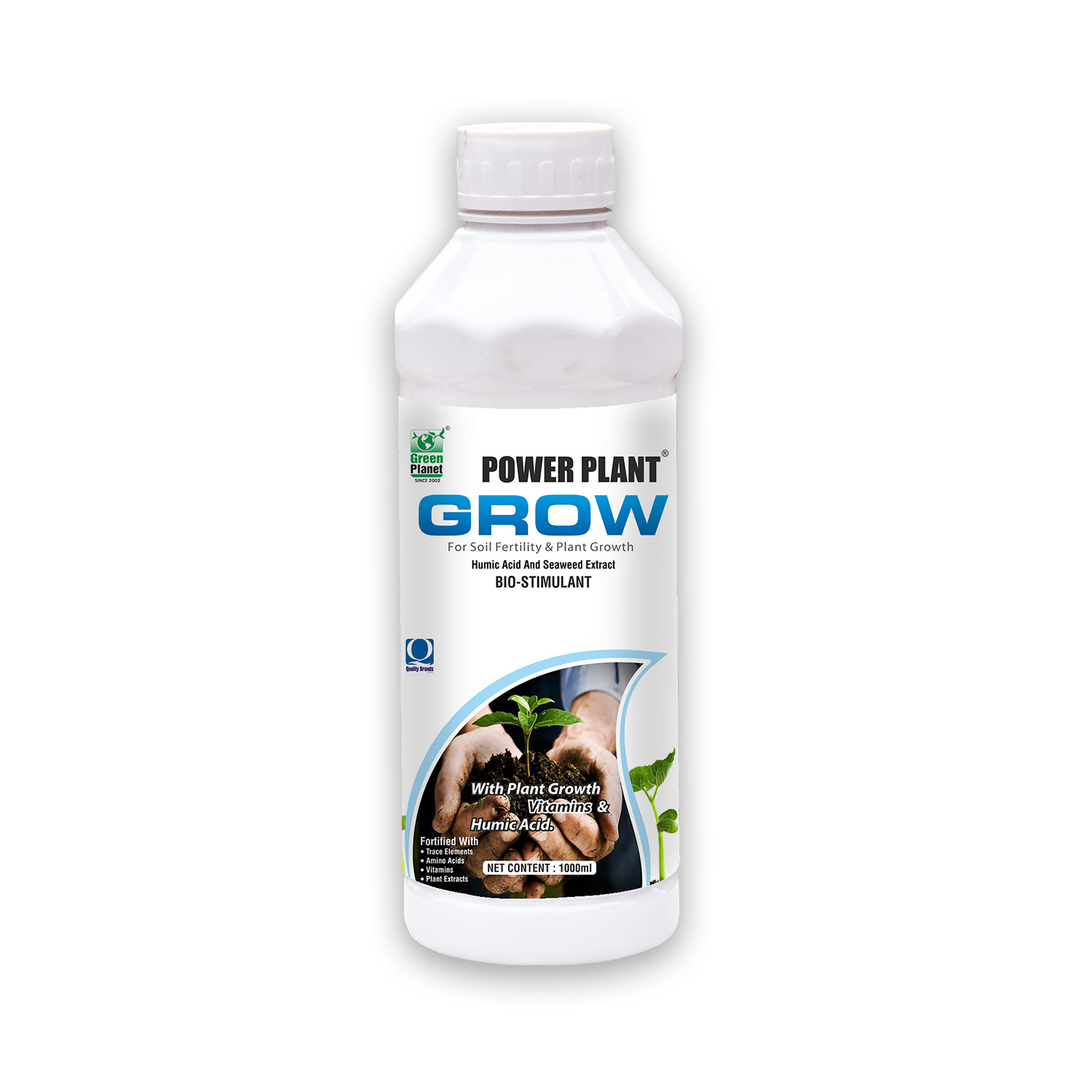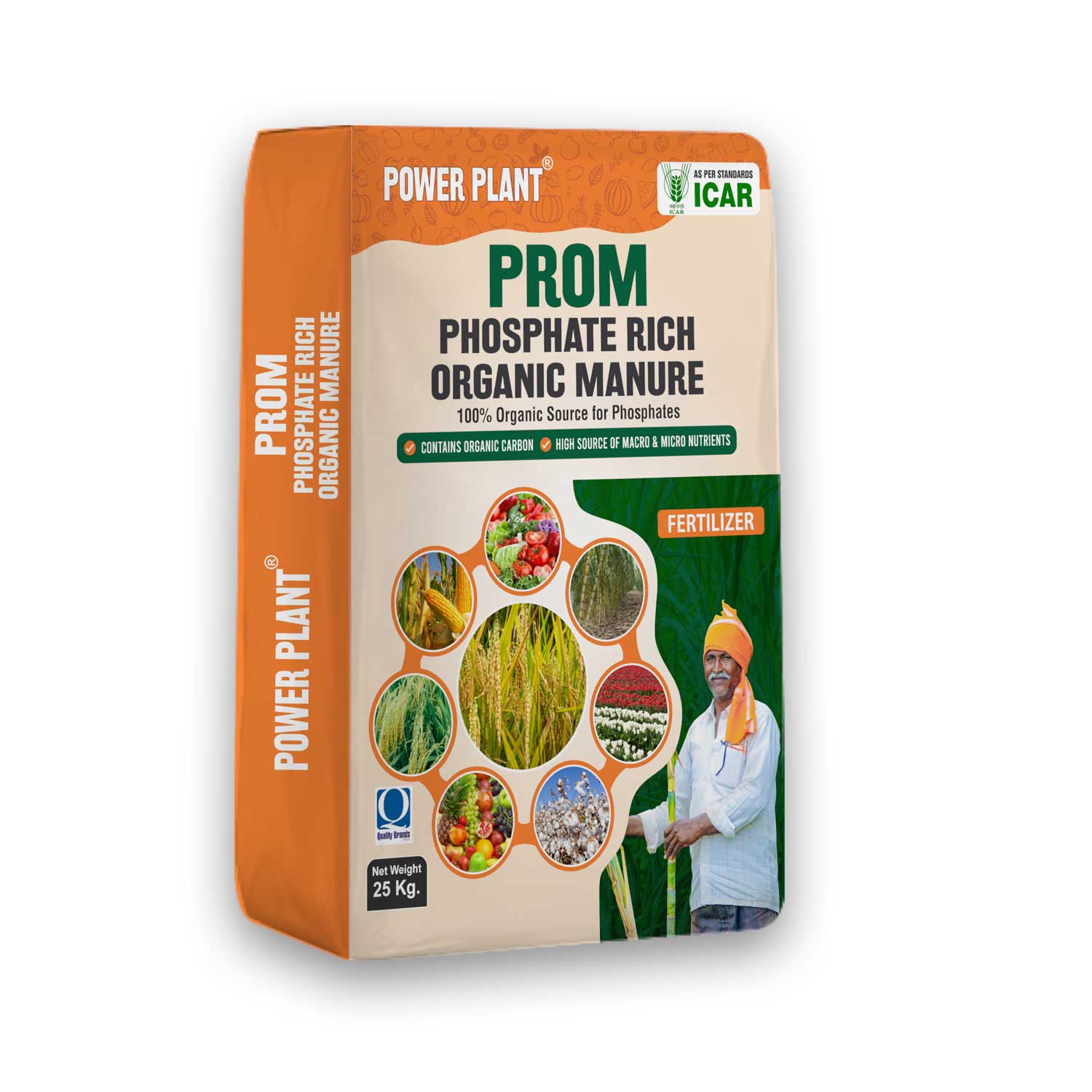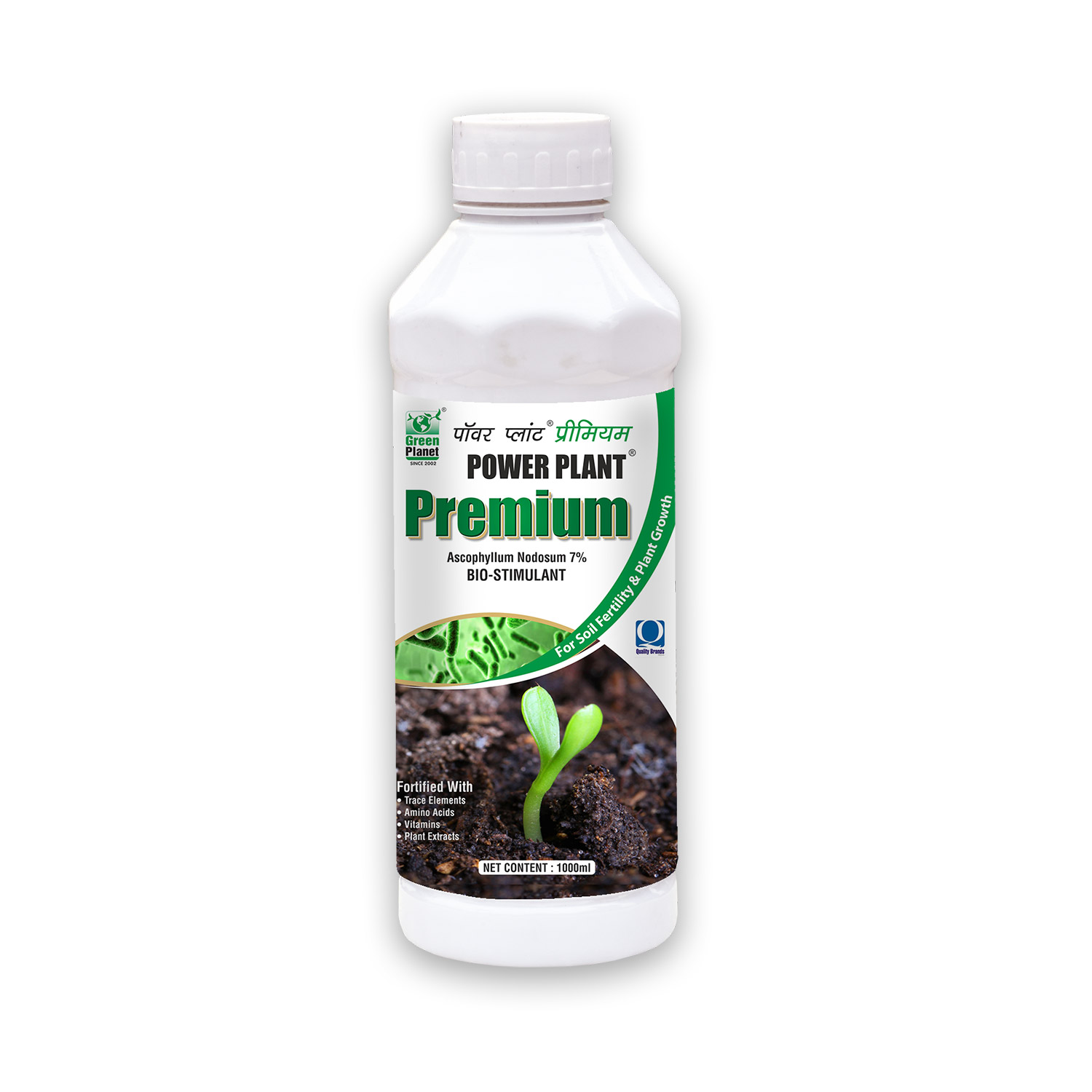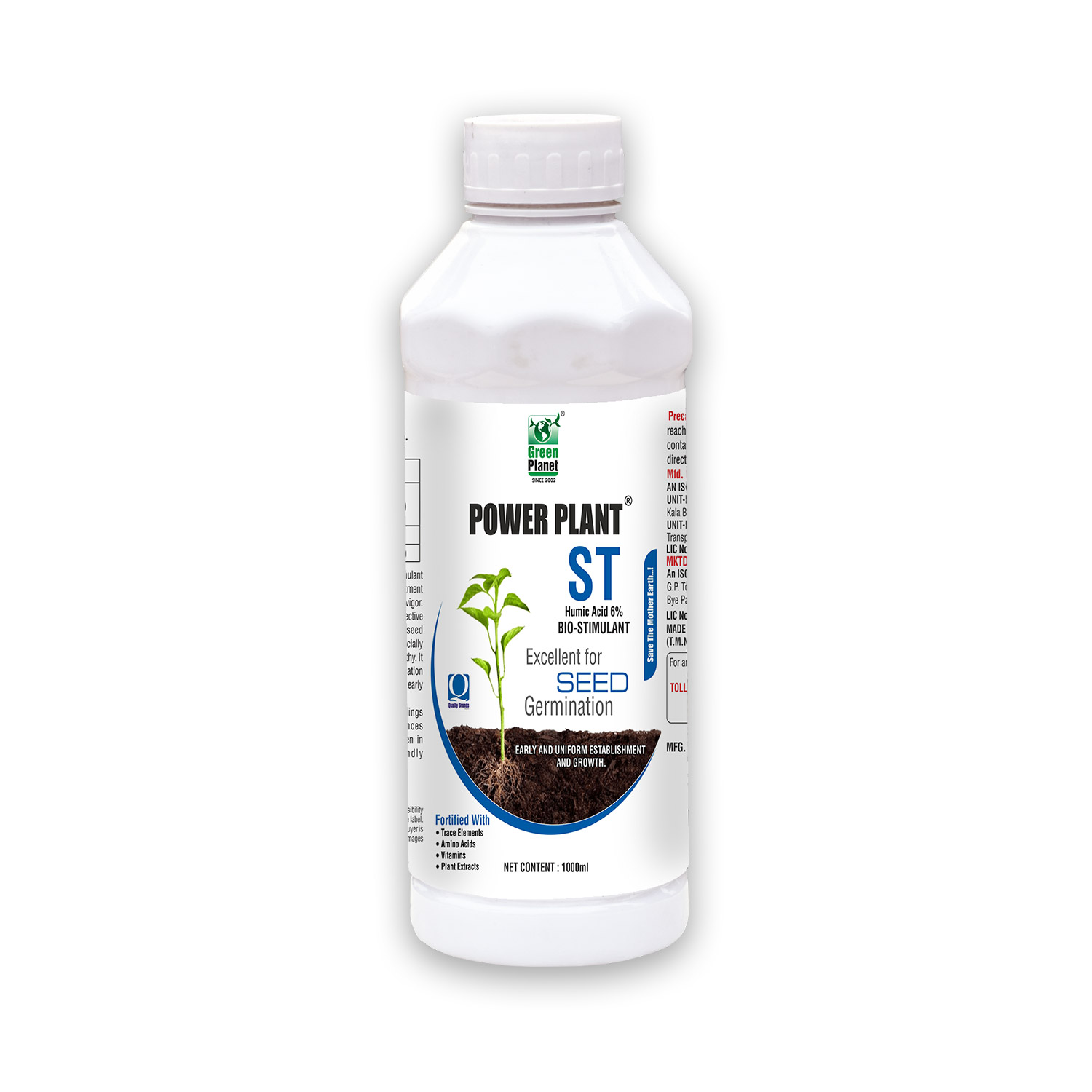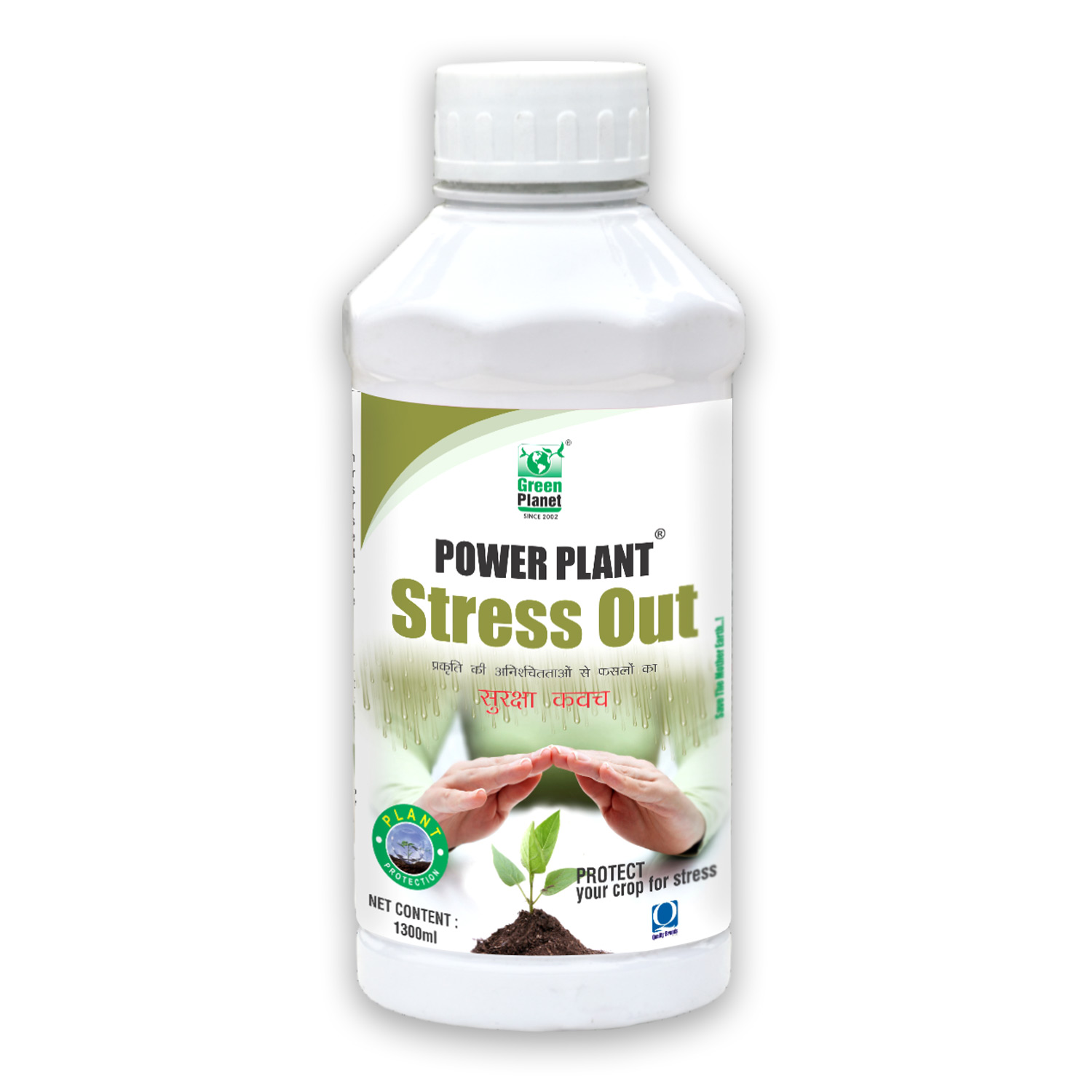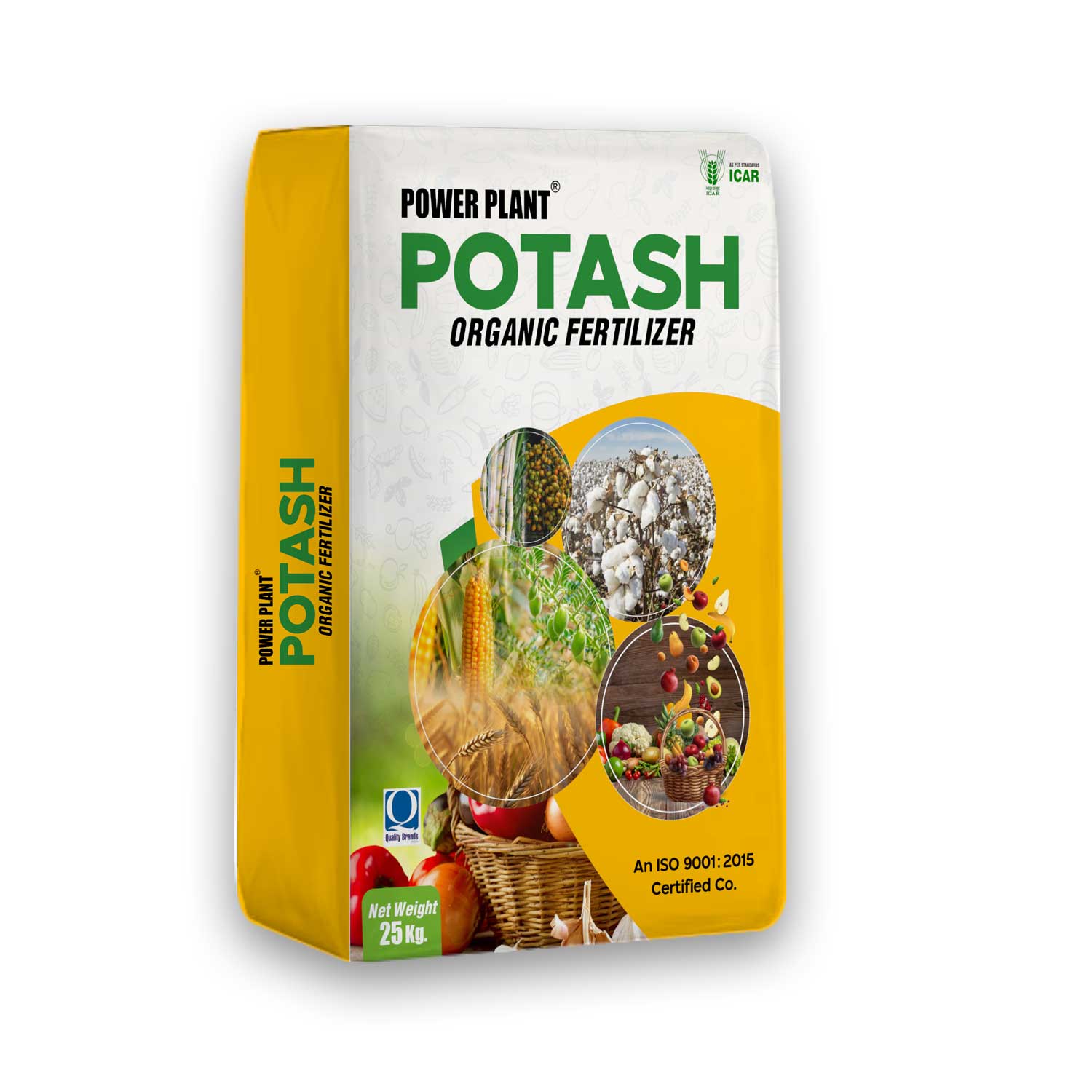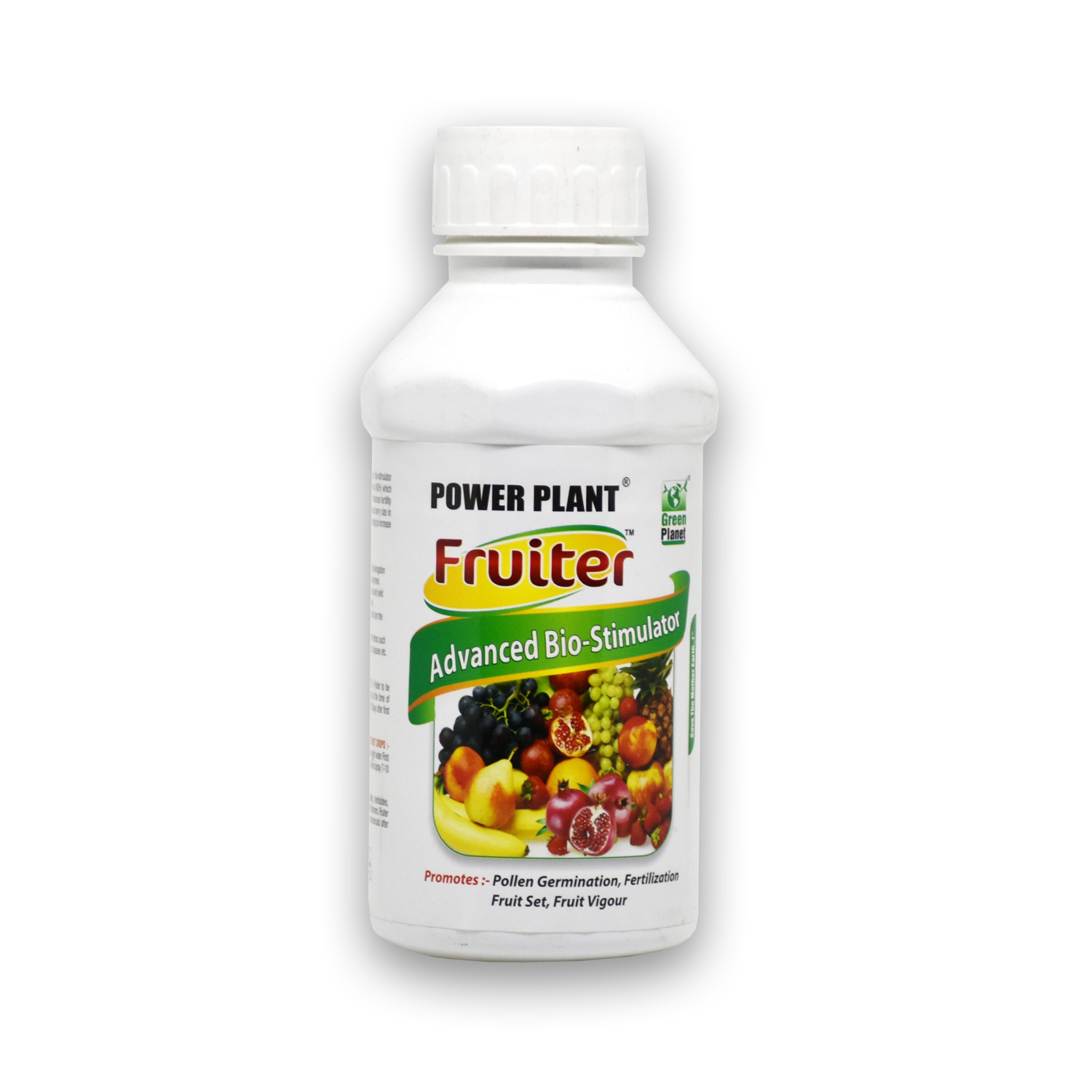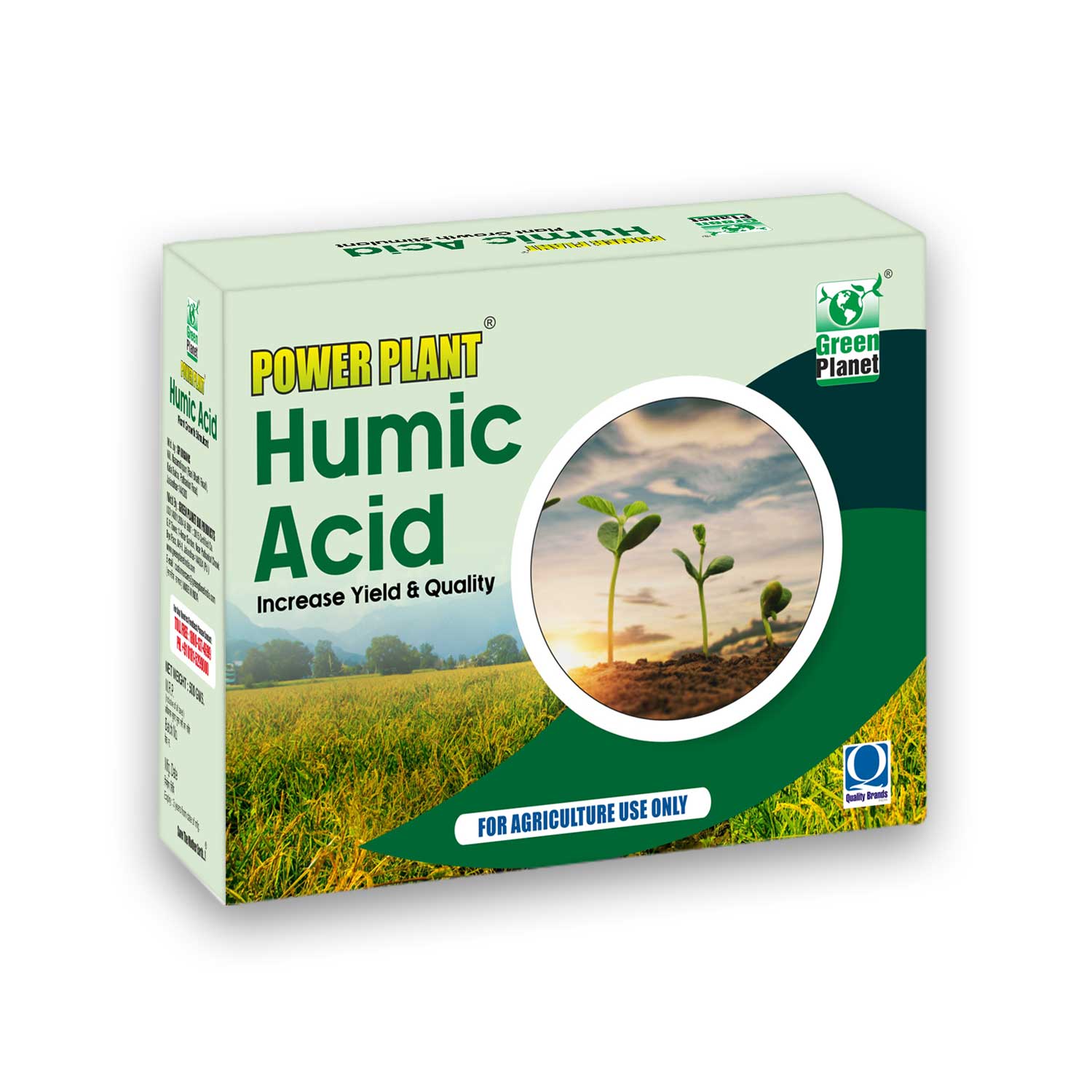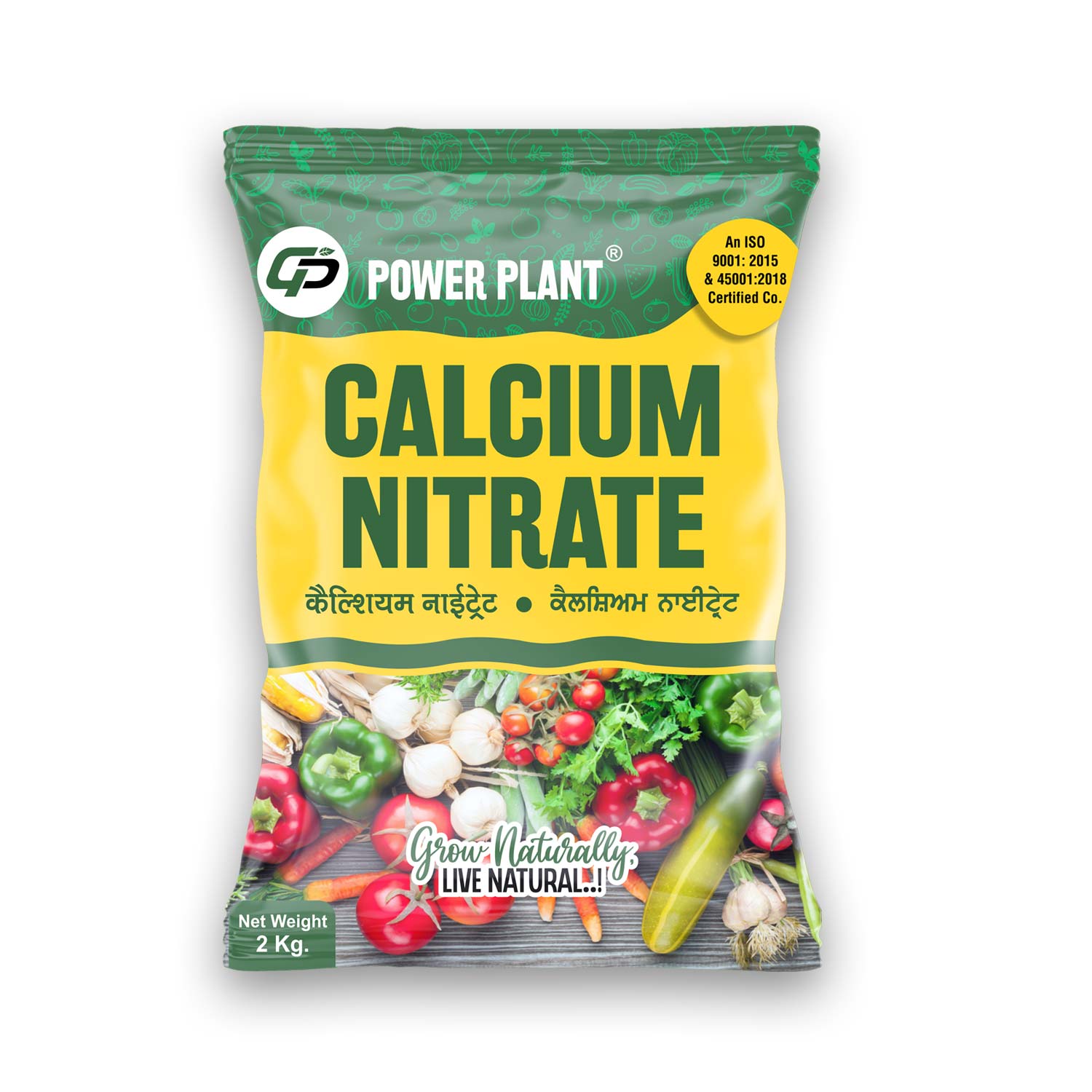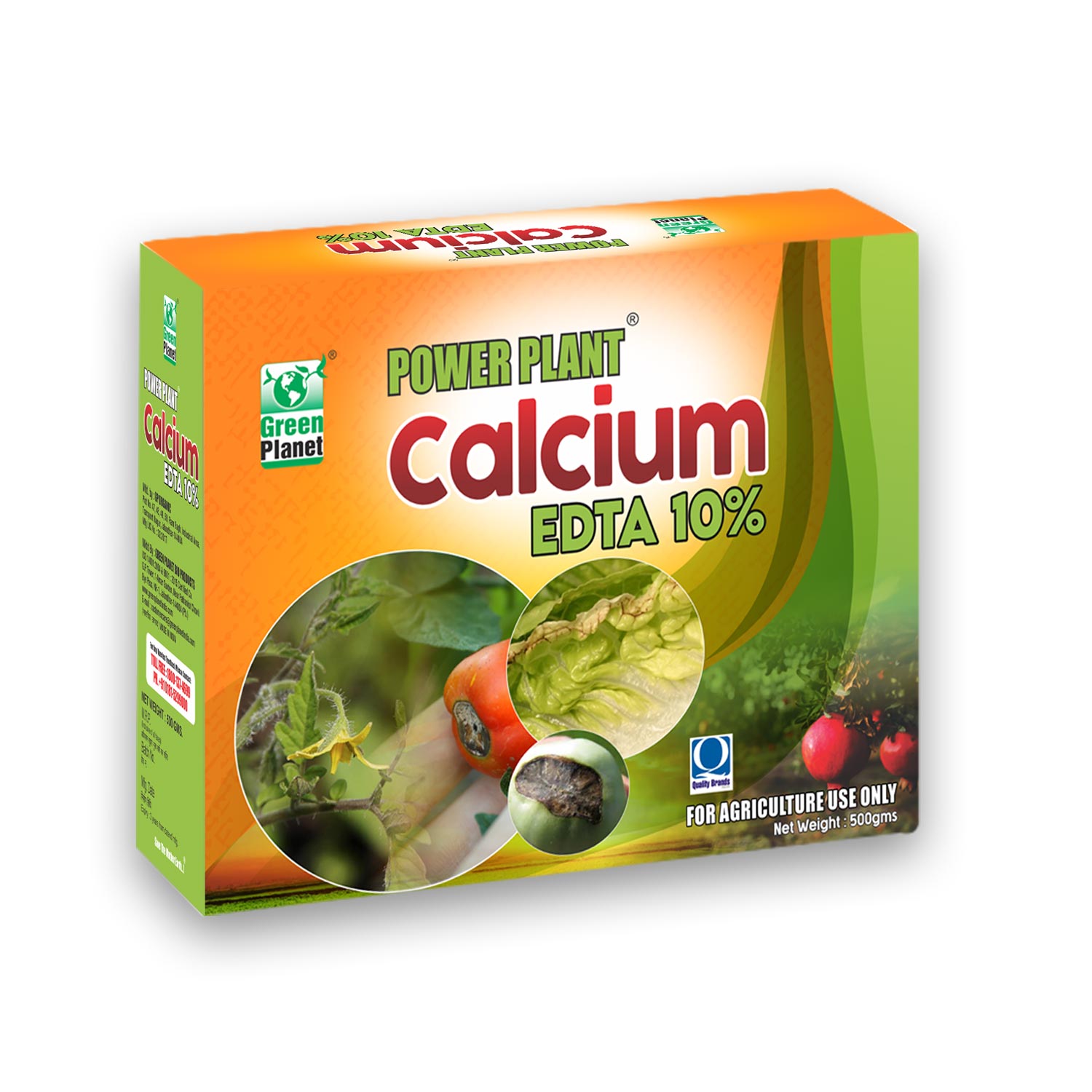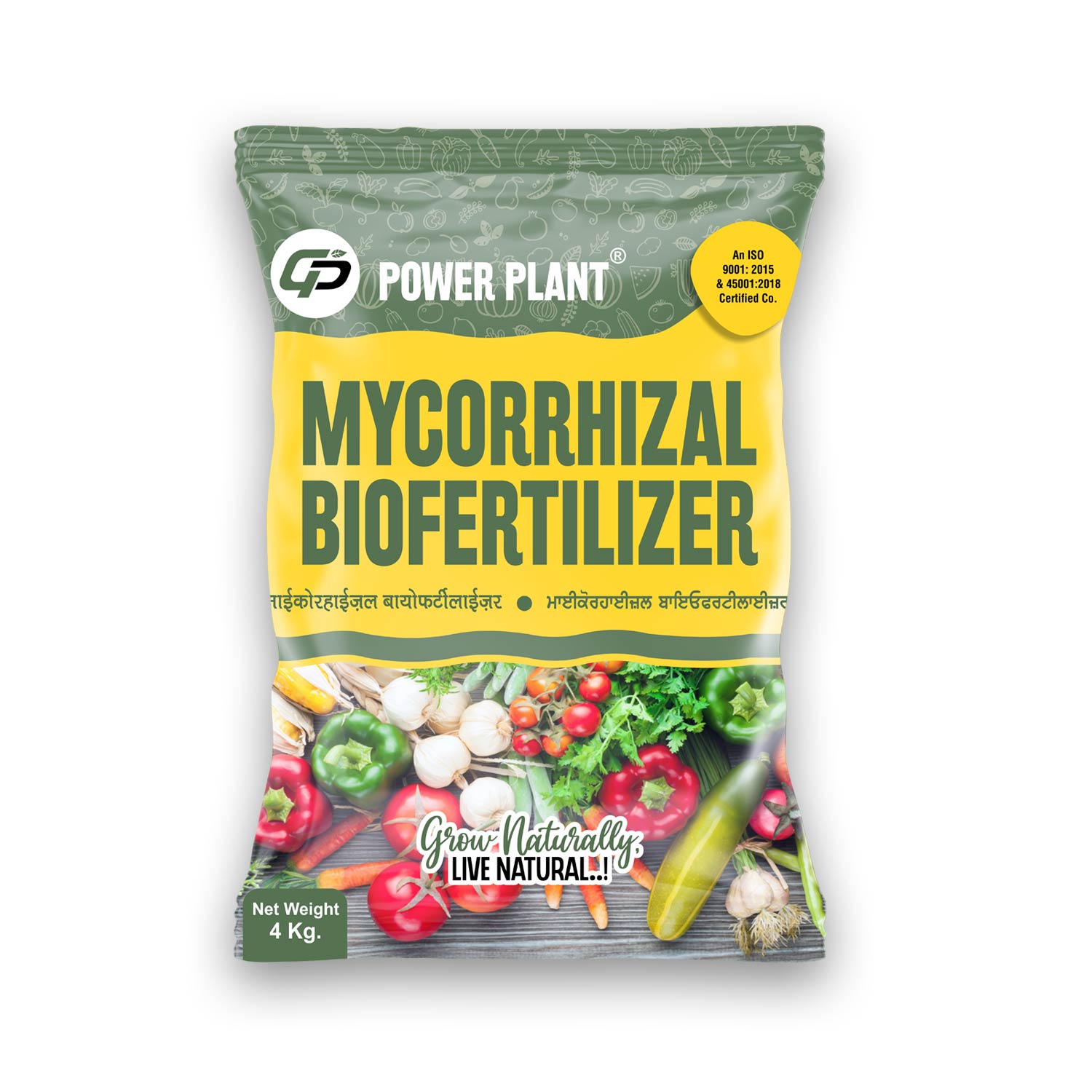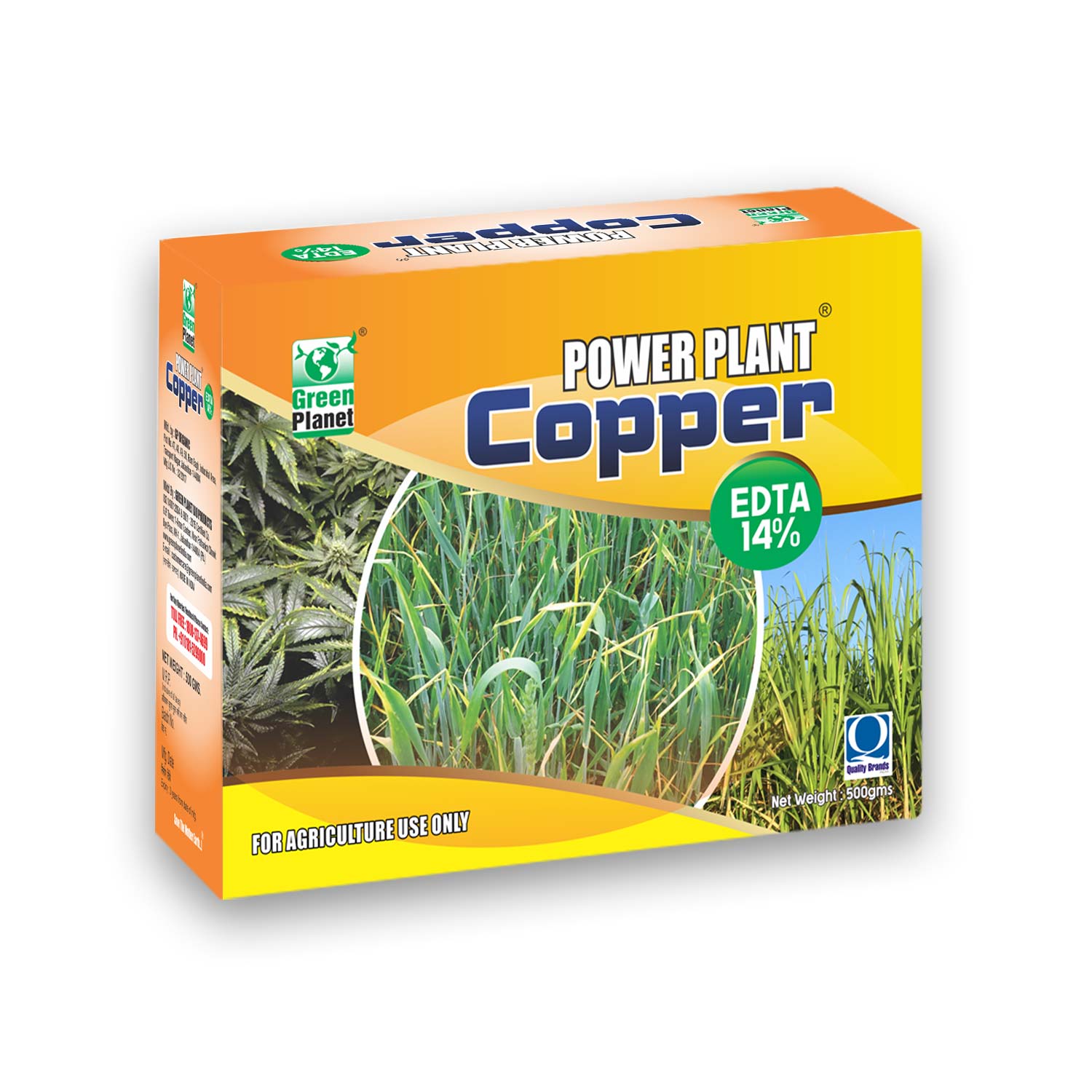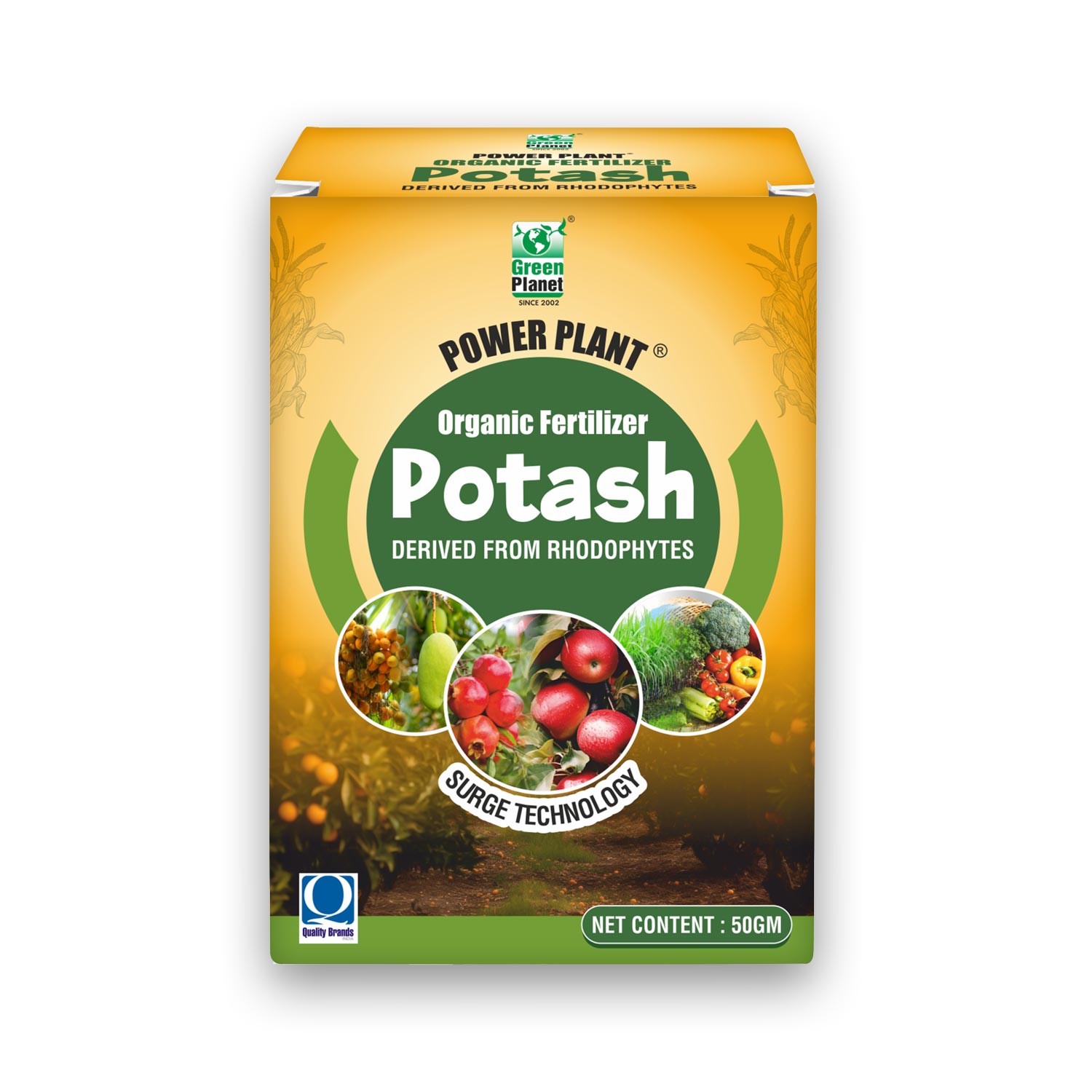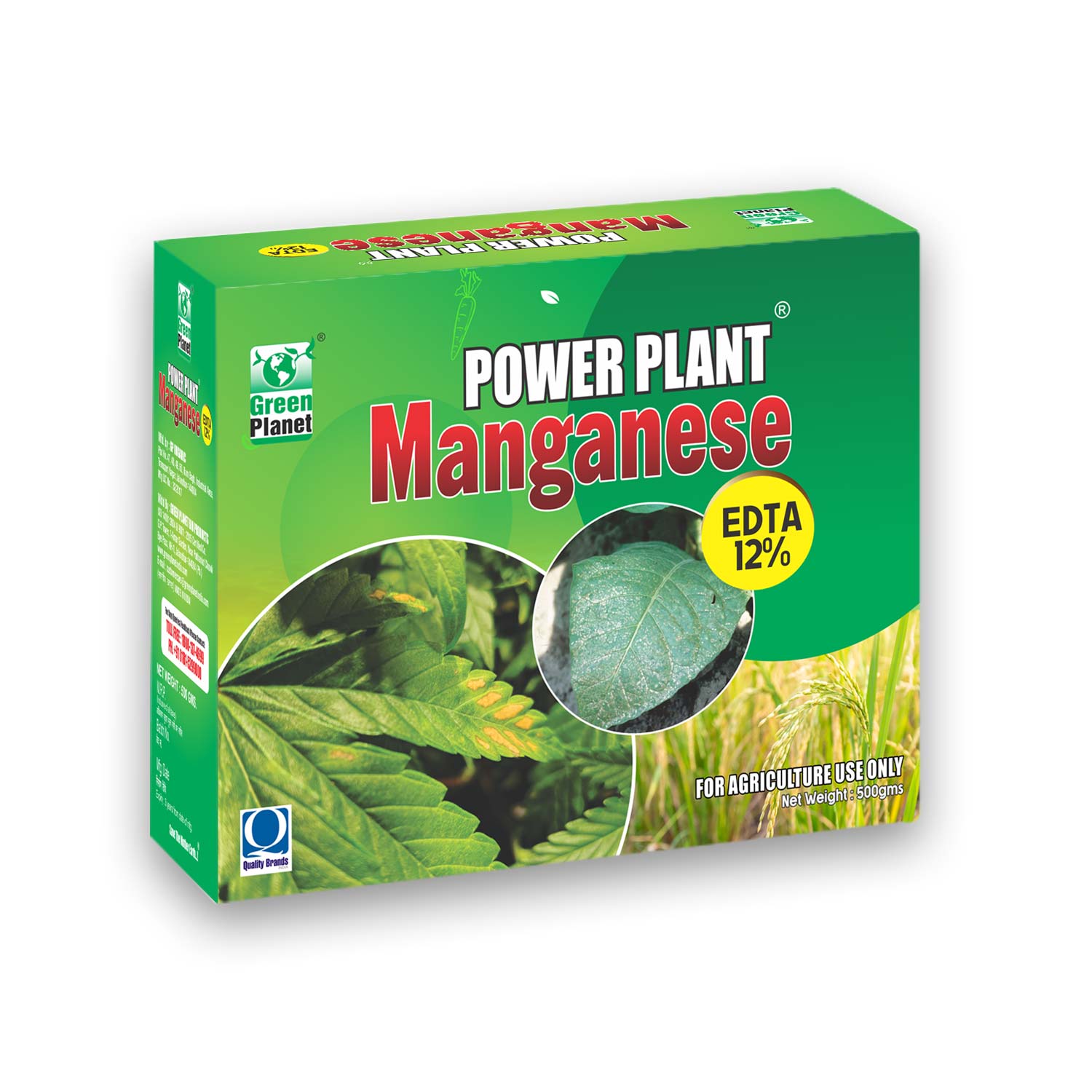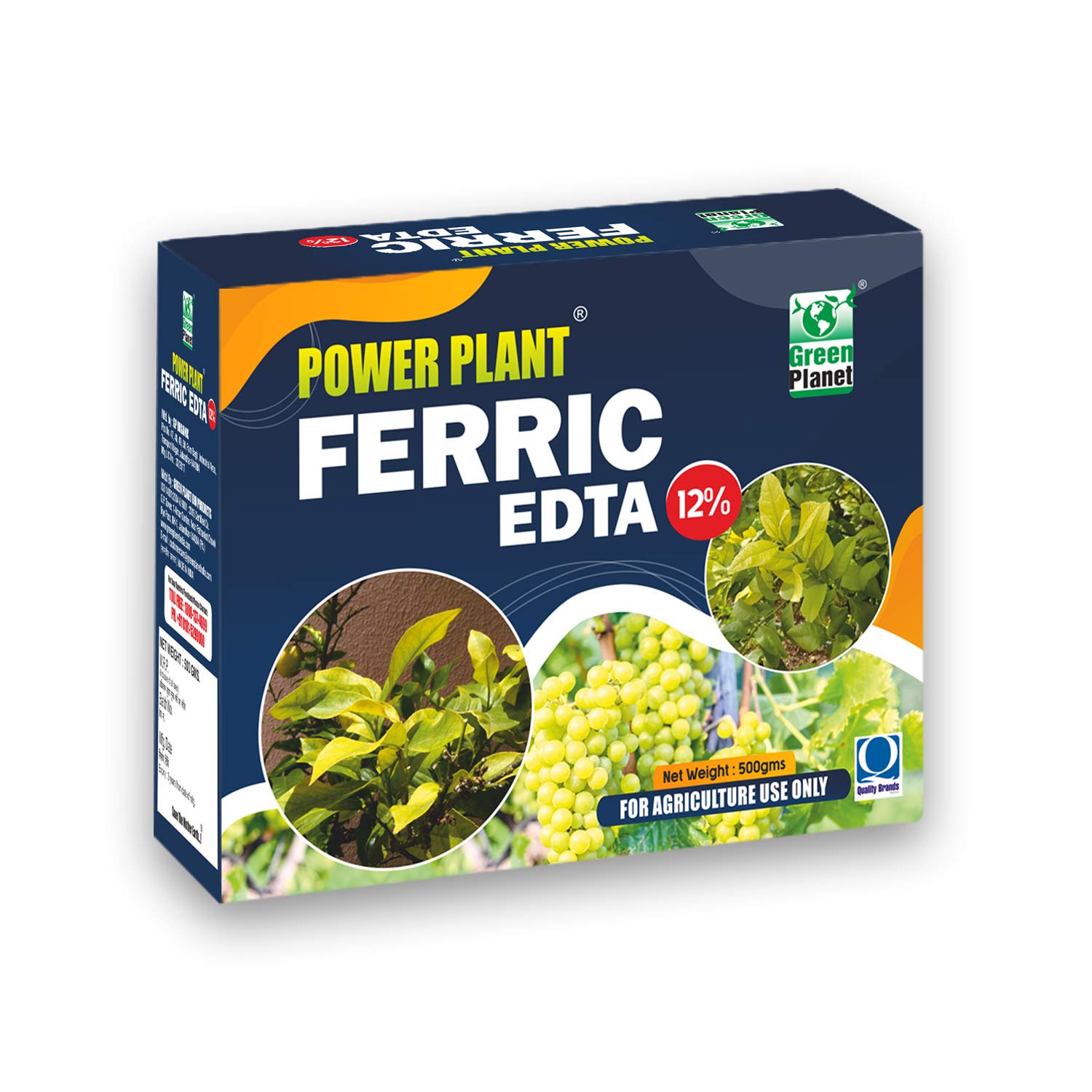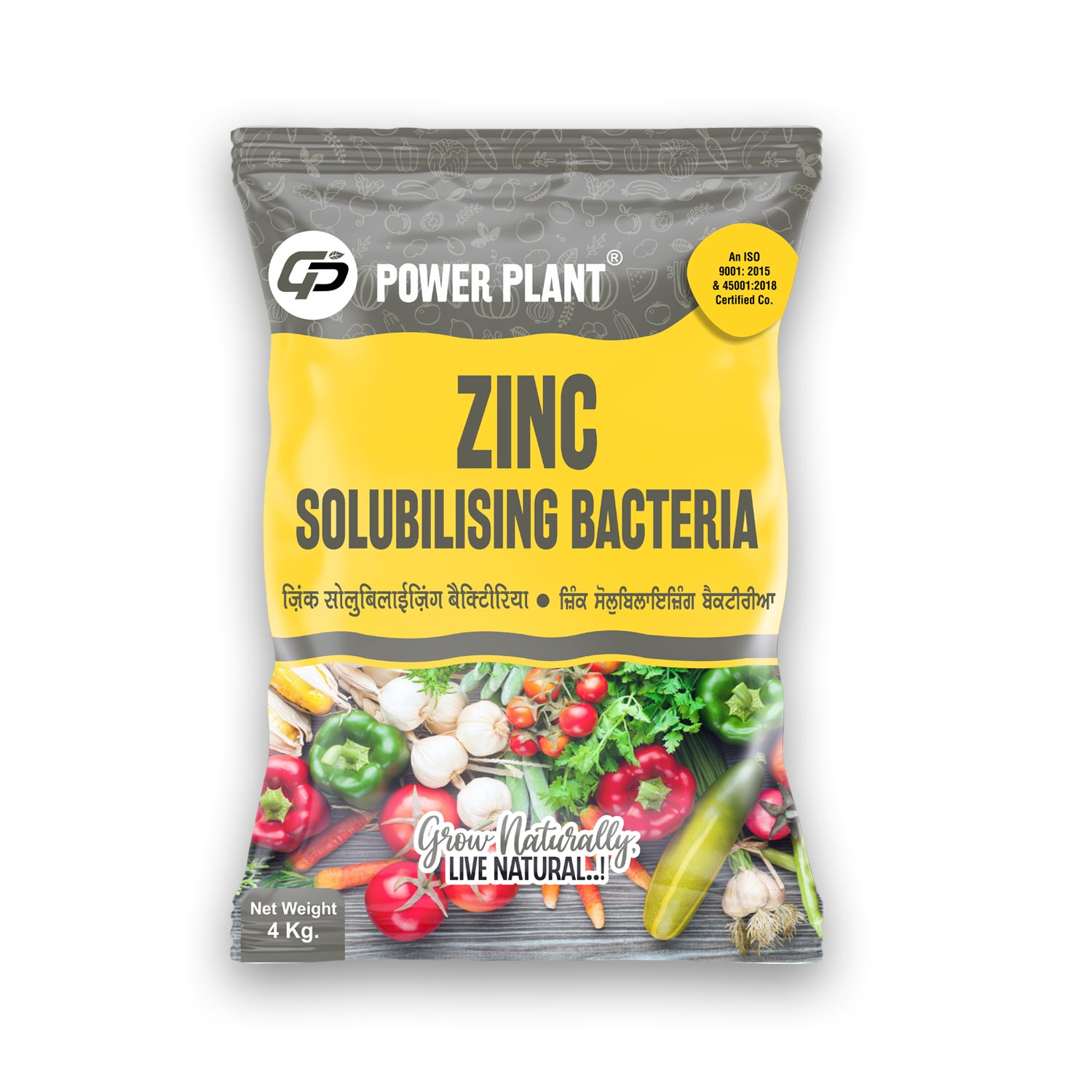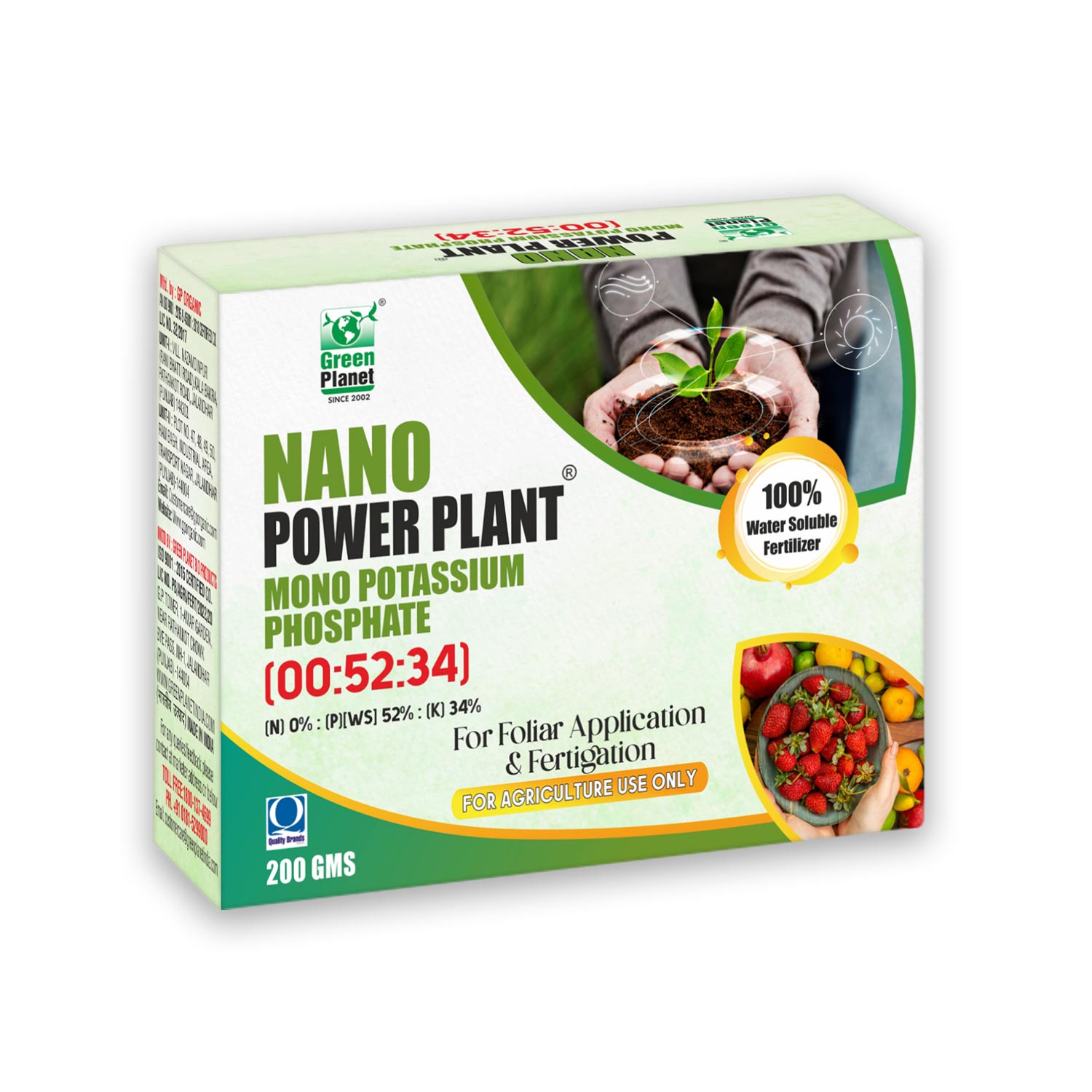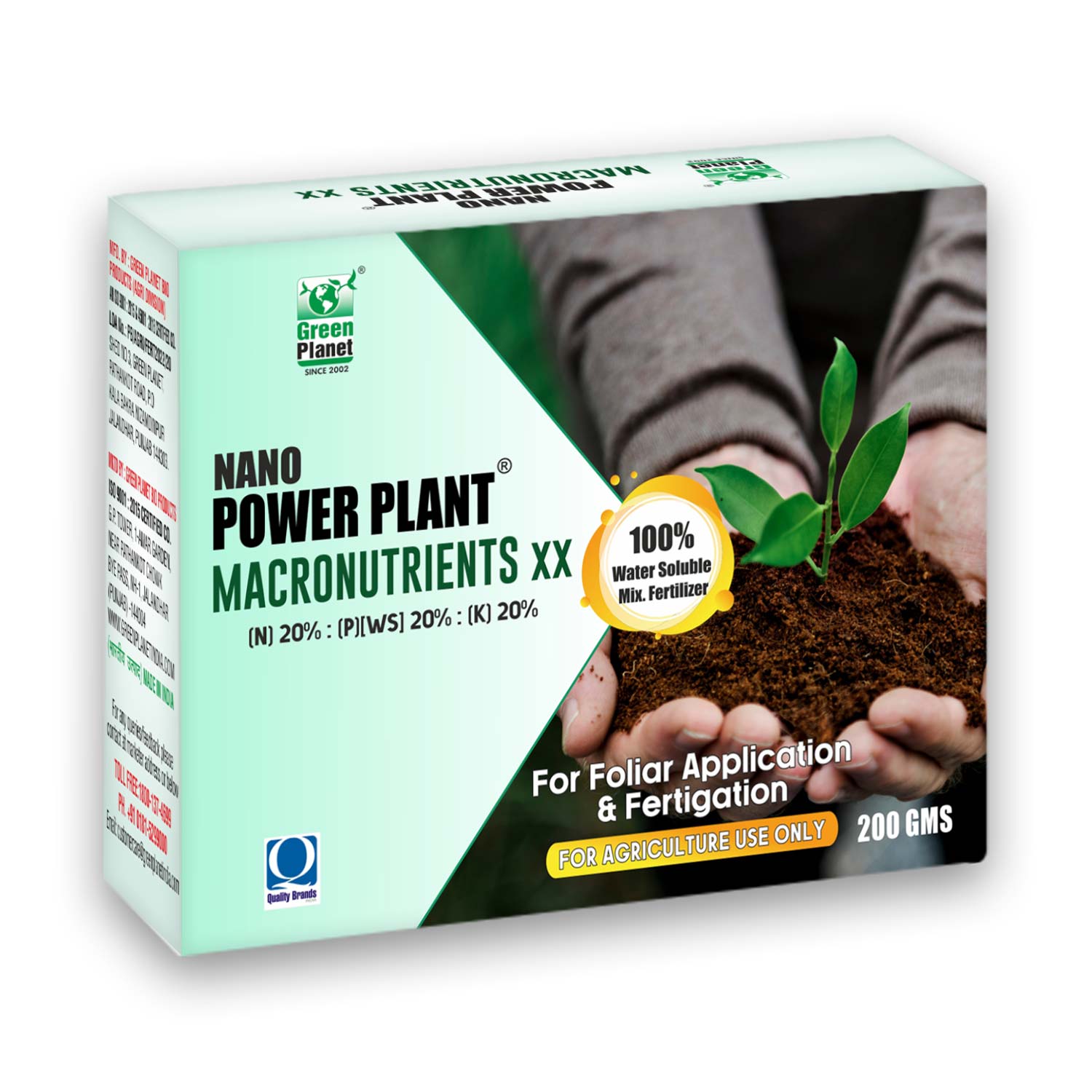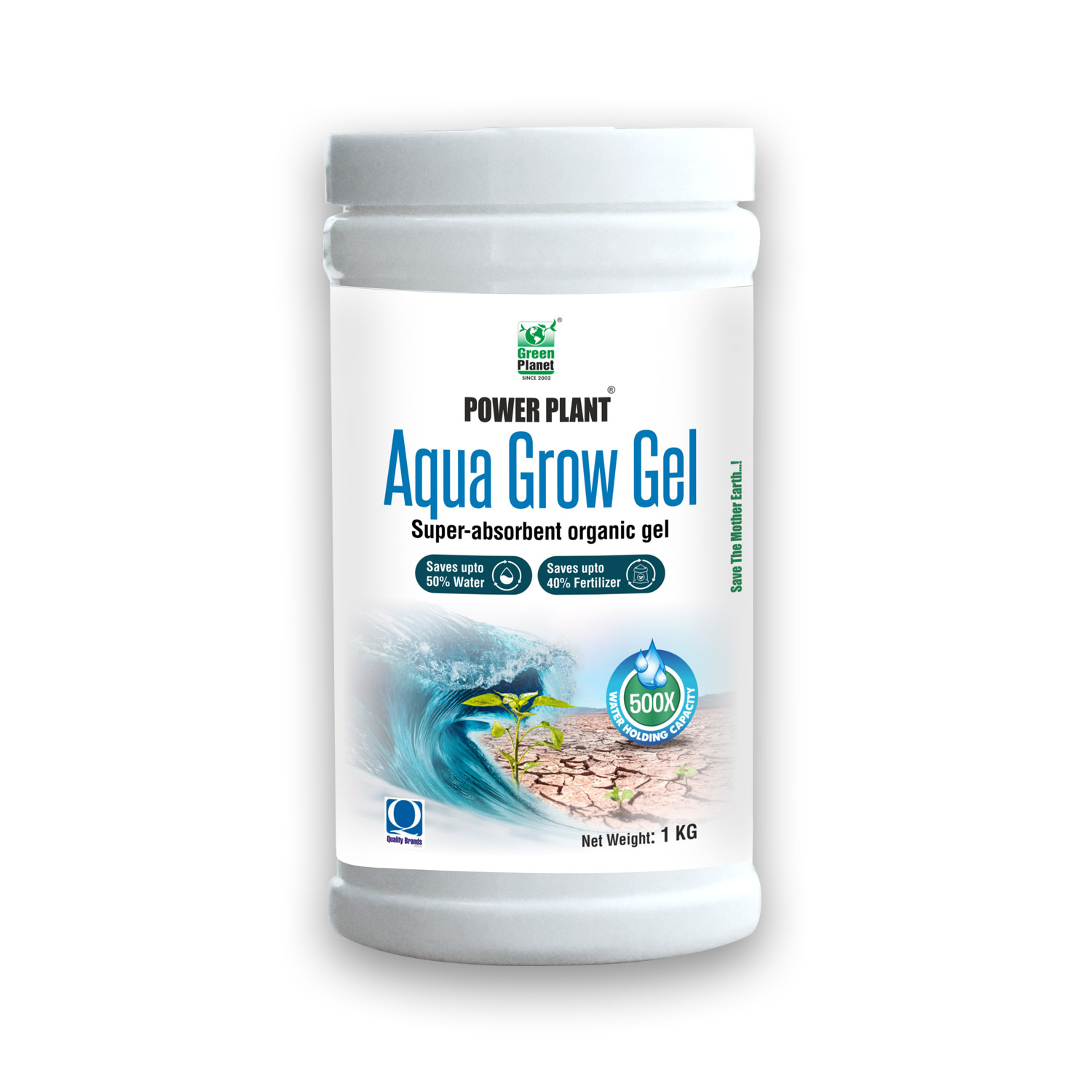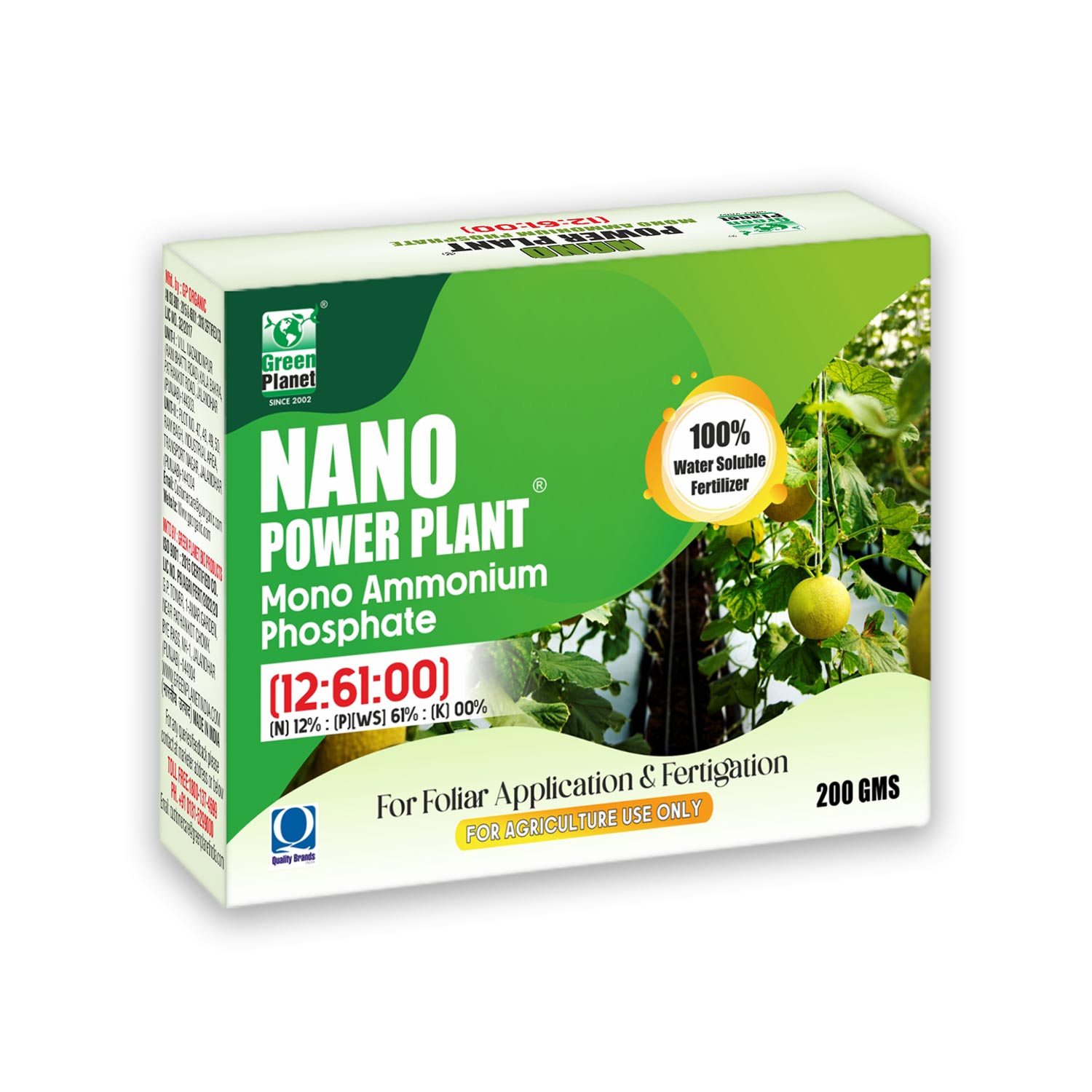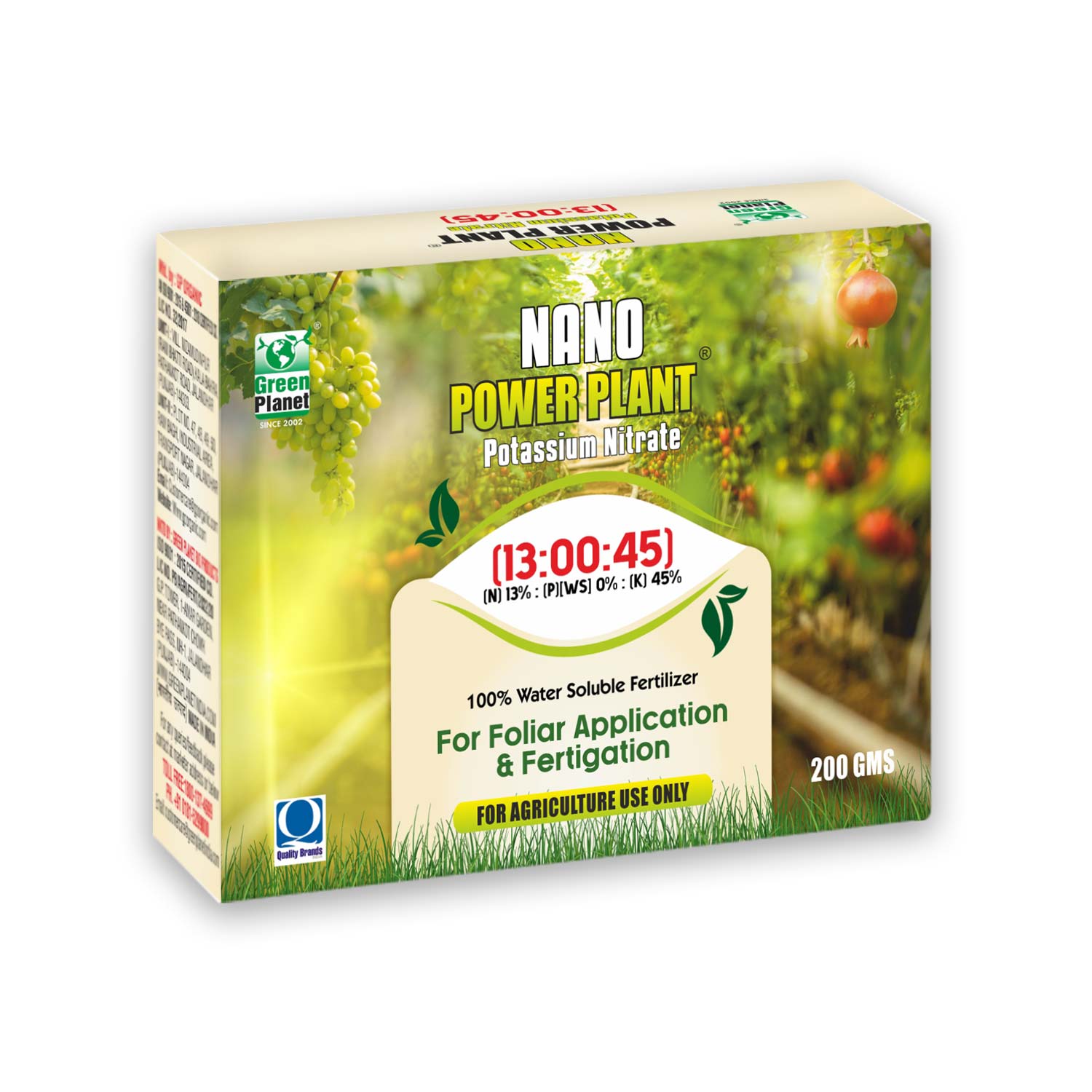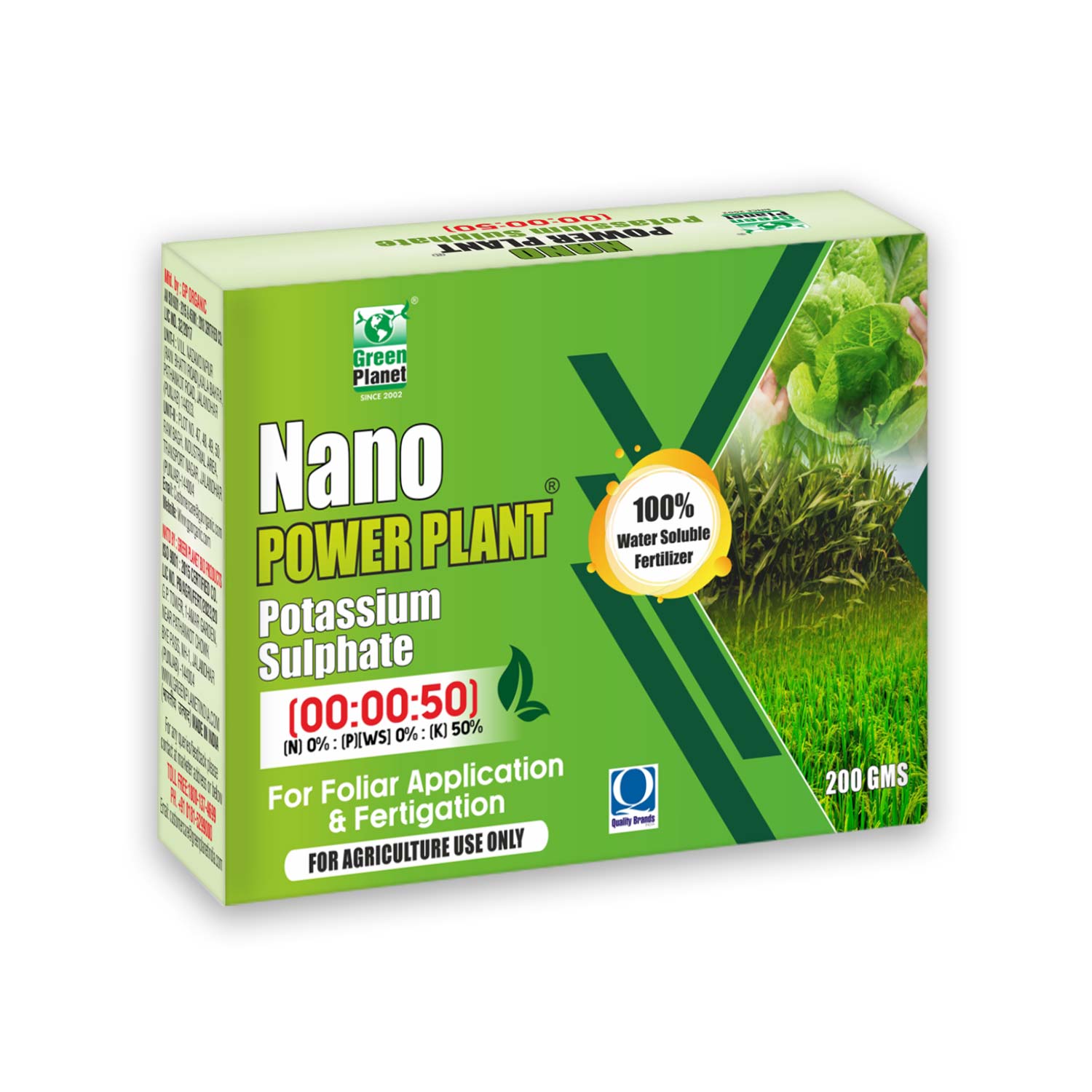Zinc (ZN) is a mineral found in numerous proteins and enzymes. It aids in the generation of growth hormones and the lengthening of internodes, among other things. In plants, Sulphate (S) is required for the formation of proteins, enzymes, vitamins, and chlorophyll. It is required for the formation of legume nodules and the efficiency of nitrogen fixation.
Zinc sulphate: To counteract this impact and encourage root growth, zinc sulphate is utilized. Crops that need to grow in sandy soils or soils with minimal organic matter (carrots, radishes, corn, etc.) often require extra zinc sulphate to guarantee that the plants acquire enough nutrients to grow properly. Zinc sulphate aids in the production of chlorophyll in plants. When the soil is lacking in zinc, the leaves darken and the plant's growth is limited. Chlorosis is a kind of leaf discoloration in which the tissue between the veins turns yellow while the veins stay green due to a zinc deficit.
Zinc sulphate is a major component of numerous enzymes and proteins in plants. It is involved in a variety of processes, includes growth hormone synthesis and internode elongation.
Benefits:
- Low yields, spotted leaves, and stunted growth can all be prevented with zinc sulphate.
- Zinc aids the production of chlorophyll by the plant. Plant development is inhibited and leaves darken when the soil is zinc deficient.
- Chlorophyll formation allows plants to create starch, sugars, oils, lipids, vitamins, and other substances through photosynthesis.
- Sulfur aids legumes in the formation of nodules on root hairs and facilitates nitrogen fixation.
Zinc (ZN) is a mineral found in numerous proteins and enzymes. It aids in the generation of growth hormones and the lengthening of internodes, among other things. In plants, Sulphate (S) is required for the formation of proteins, enzymes, vitamins, and chlorophyll. It is required for the formation of legume nodules and the efficiency of nitroge
Read More


